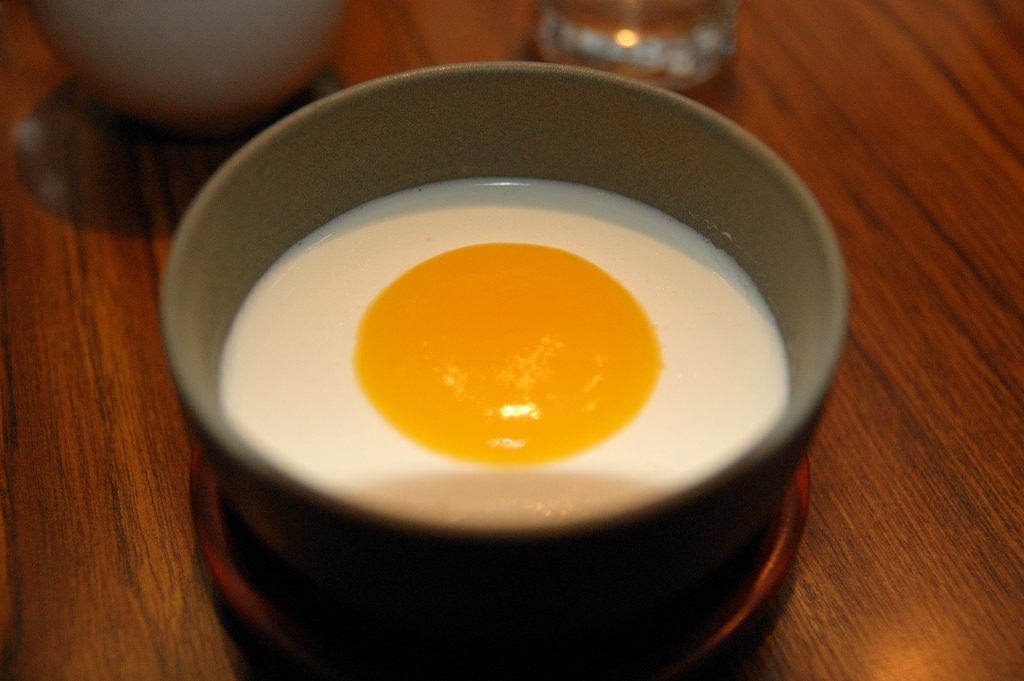The yellow of the yolk has long been demonized as a source of high cholesterol in blood levels and has been forced out of the diets of many health-conscious individuals.
However, the effect of high-cholesterol foods on heart disease rates is now being reevaluated. The American government is retracting many of the warnings initially in place for cholesterol consumption because of significant data refuting the long-standing idea that ingested cholesterol levels cause heart disease in patients.
In the past, dietary cholesterol was strongly correlated with higher risks of heart disease and increased blood cholesterol levels. This eliminated foods such as egg yolks, lobster, shrimp and salmon from healthy diets.
Yet, new data has elucidated that correlation and states there is no link between ingested cholesterol and blood cholesterol levels. It instead depends on the source of the cholesterol rather than the quantity.
Furthermore, the previous data failed to distinguish that a high-cholesterol diet tends to be low in plant foods and that high meat intake, especially with high hormonal infusion in the meat, has actually been the major promoter of cholesterol-laden arteries. In addition to the lack of plant sterols, trans fats, which are synthesized to increase product shelf life, are actually the hidden killer.
Trans fats are created in a way that makes the body’s lipid receptors incapable of binding and clearing the cholesterol from the bloodstream. As a result, the lipids get caught behind arterial lining and become rancid, leading to inflammation and causing blockage. If gone unnoticed, the plaque could break off and cause strokes or heart attacks in individuals.
On the other hand, cholesterol and fat from sources like eggs and shrimp have indicated an increase in healthy cholesterol carriers and a decrease in the carriers responsible for systemic diseases.
In recent years, the American Heart Association and American College of Cardiology have come together to reevaluate the recommendations and guidelines for cholesterol intake and have concluded that the previous data was not substantial enough to produce any definitive advice on cholesterol consumption. They also came to find that cholesterol, a necessary nutrient for the stability of cell walls and neuronal transmissions, should not be feared.
The newfound focus should be placed on the sources of dietary fats in one’s diet, with an emphasis on increasing plant intake. The U.S. government has come to agree with that stance.
Yolks can once again find their way to the breakfast table.
Faizah Shareef is a senior majoring in exercise physiology.
Featured image courtesy Ming-yen Hsu via Flickr






